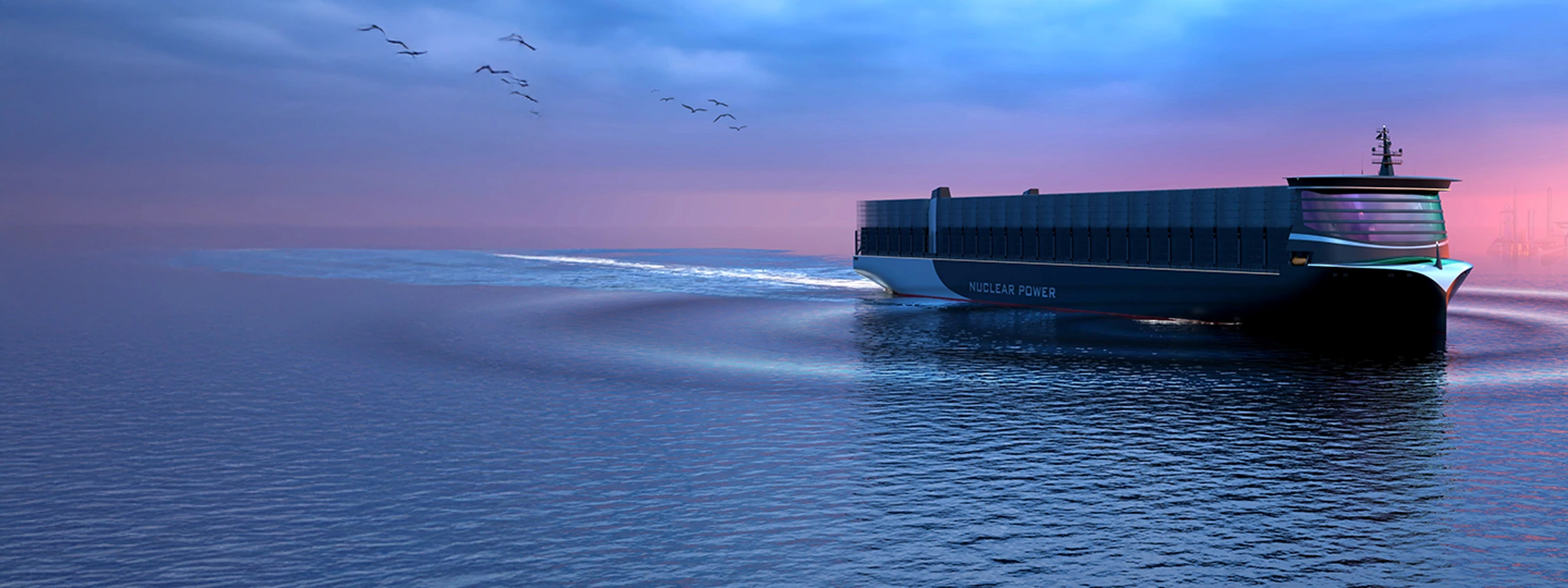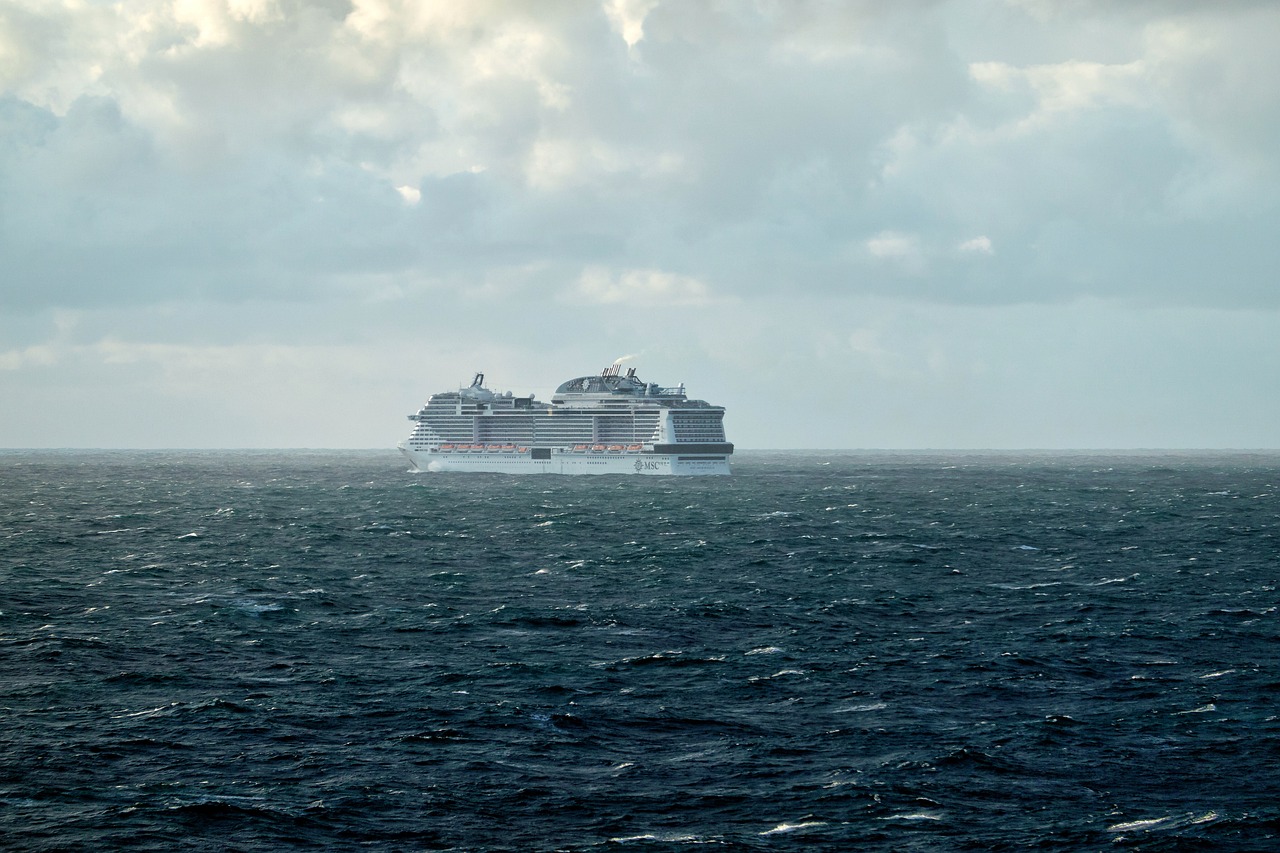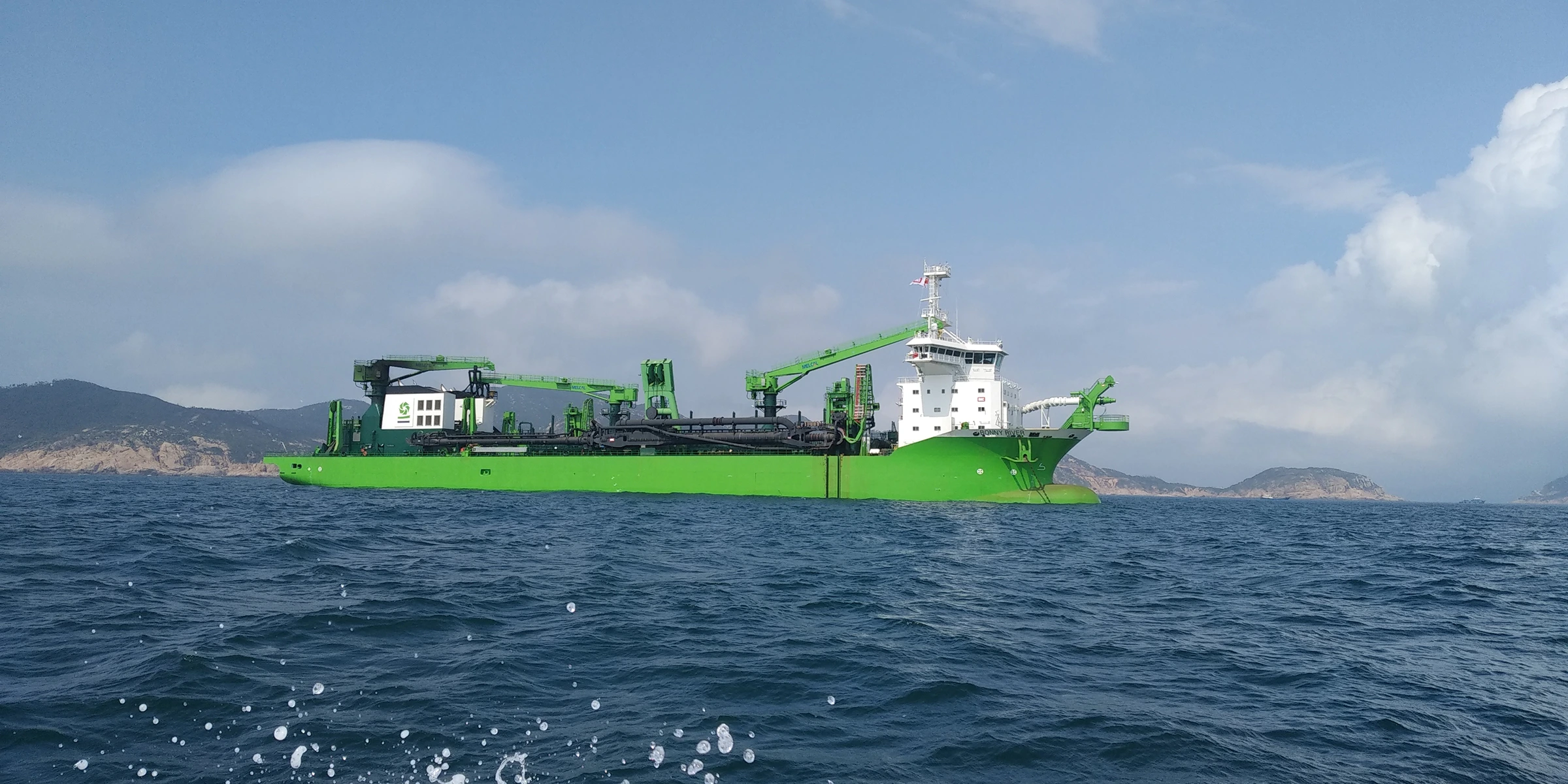Methanol is used to manufacture hundreds of everyday products, including car parts, cosmetics, and cleaning products. It may also be the answer for ship owners and operators seeking cleaner fuels and technologies to meet impending emissions targets.
The MENENS consortium, of which C-Job is a part, was formed in the Netherlands in 2021 to address the difficulties that stand in the way of the nationwide adoption of methanol. One such obstacle is a lack of infrastructure; another is insufficient research into methanol-powered engines.
As the consortium’s project enters its fourth year, we take a look at its scope, its members —and the gains it has made so far for the Dutch maritime industry.
Methanol ticks many boxes for ship owners
Green methanol, made using renewable sources and renewable energy, ticks various boxes for ship owners and operators seeking alternative fuels. Its main benefit is the prospect to reduce greenhouse gas emissions with more than 80% using green methanol. Furthermore, it cuts SOx (including particulate matter) and NOx emissions by 99% and 60% respectively.
Another benefit is that methanol-based fuel systems are relatively easy to fit in both new and existing vessels. Niels de Vries, Head of Energy at C-Job, points out other advantages: “When stored below the water line, the systems require less space, are more manageable, and have lower capital expenditures than those of other alternative fuels.”
A pool of expertise
MENENS’ objective is to prepare a framework for the safe, modular, cost-effective use of methanol as a marine fuel. It is hoped that this will accelerate its nationwide adoption, and ultimately reduce CO2 emissions in the Dutch shipping industry.
The MENENS project is one of three initiatives being funded by the Dutch government as part of its effort to make transport more sustainable. The group’s combined maritime and technological savvy was likely one of the reasons it qualified for the grant. The MENENS consortium comprises no fewer than 22 partners in the Dutch maritime sector, including fleet owners, shipyards, research institutes and specialist suppliers, each contributing their unique expertise to the project.
Most members operate internationally, so the knowledge gained from this work will spread beyond the Netherlands, offering solutions to ship owners and maritime companies worldwide. And that’s only fitting. Cutting emissions in the shipping industry is, after all, a global goal.
No stone left unturned, no detail overlooked
The project is all-encompassing; every aspect of methanol powered propulsion is being considered in painstaking detail to detect risks, find solutions, and better support ship owners in their decision-making.
The work covers everything from research into methanol combustion engines, including lab tests with marine-sized engines, to the installation of a methanol-based fuel system on a research vessel, the 54-meter Fugro Pioneer.
C-Job’s involvement includes assessing the integration of the various components of power and energy systems, and determining safe ways of using and storing methanol. “The consortium has been looking into how to deal with spillages, and at the corrosion and evaporation of methanol due to fire. Also the venting of methanol,” said De Vries.
Under current regulations, methanol is vented above deck. However, the group is convinced that venting below the waterline, is a safer and more practical way of doing so. It prevents the release of methanol vapors on deck, and results in more practical use of space on deck as the hazardous zones have been relocated.
Methanol is having a moment
MENENS’ efforts to accelerate the adoption of methanol propulsion dovetail with those of the Maritime Master Plan, devised by the Dutch Maritime Network. It aims to develop, construct, and operate no fewer than thirty zero-emissions ships by 2030.
But that’s not all. Interest in methanol for marine applications is growing outside of the Netherlands too. DNV, the world’s leading classification society, reported that 24 methanol-powered ships were ordered in the first six weeks of 2024 alone.
De Vries said the group’s members are pleased to see the local and international uptake of methanol as a marine fuel. “It’s encouraging to see other initiatives working on the same things as we are. And we are pleased to see the increase in early adopters, such as Maersk, who help generate momentum.”
He hopes that this effect will take hold; that shipowners who were initially hesitant will start using methanol because others are doing so, demonstrating the systems’ safety, ease of handling, and environmental benefits.
* Bakker Sliedrecht, Boskalis, C-Job, Damen (research, development & innovation) Damen (workboats), DC Systems, Discom, EST Floattech, Fugro, Feadship, LPS Twin Turbine, Marine Service Noord, MARIN, MoD/COMMIT, NIM, Van Oord, Van Oossanen, RH Marine, Royal IHC, Royal Wagenburg, TechForce Innovations, Thecla Bodewes Shipyards, TNO, TU Delft, VT, Wärtsilä.


